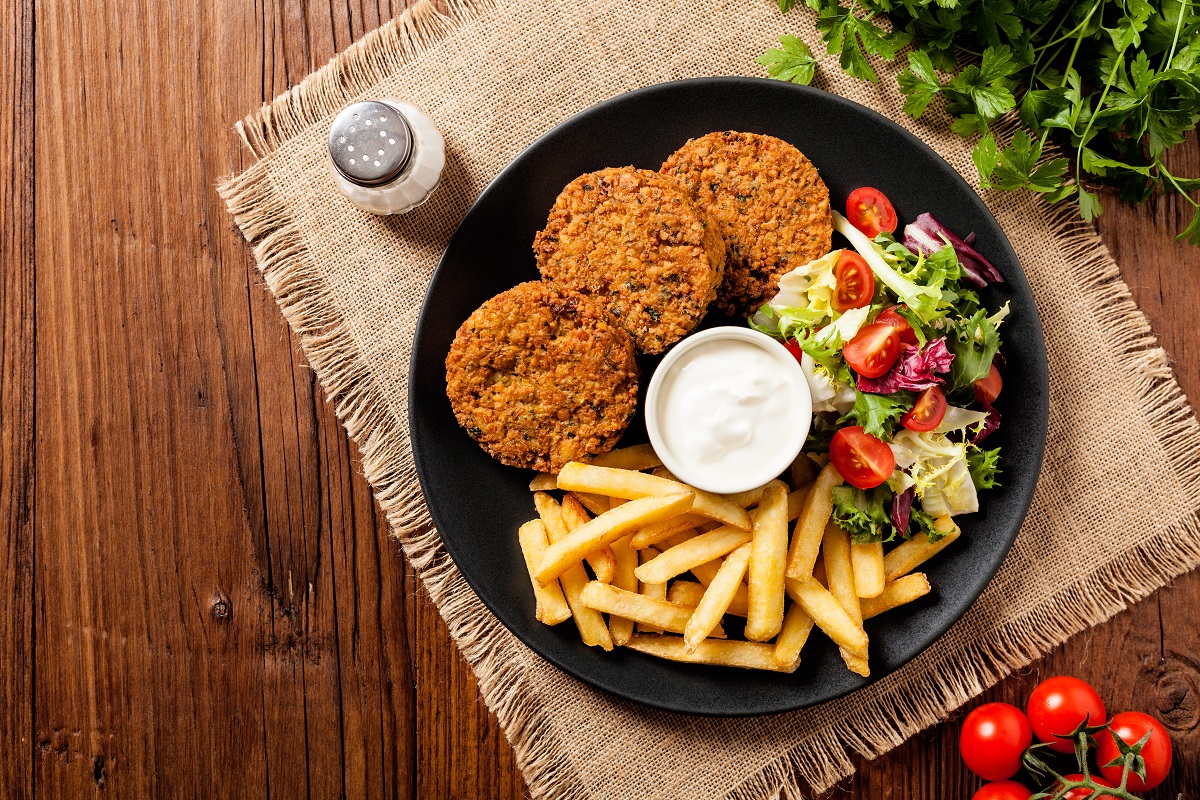How does body neutrality differ from body positivity?
When someone has the attitude of body neutrality, they are focusing on what their body can do and how strong it is instead of on how it looks. Although there are some mishaps and imperfections, they accept it the way it is. If they aren’t satisfied, they will do certain exercises and eat more healthily to improve it and keep it healthy. The proper goal must be to feel at peace with your body even on bad hair days, bloated days, and breakout days.
Body positivity, on the other hand, sometimes seems fictitious and far too positive that it becomes unrealistic and unnatural. It’s much less authentic. Someone who practices body positivity is focused on how their body looks and compares it to other people’s. Others deny their imperfections and try hard to make them disappear just to be able to say that their body is beautiful even when they’re not genuinely confident with it.
Worse, it can inflict their body and even their mind. This is what makes body positivity fake and dangerous. It’s not “positivity” anymore if what you do to your body tortures it instead of taking care of it.
Therefore, it is so much better when you start being neutral about yourself and your body. Even in baby steps, since it might be difficult for some people.
Weight Loss, Diet, and Exercise
Body neutrality conjoins with the concept of intuitive eating. This is a way of eating while you listen to your body and attend to its needs. Different people have different demands for their bodies. Like athletes require specific exercises and food intake to achieve their performance-based goals.
Perhaps you need something specific too. Maybe something less complicated and less heavy. You can be a gym lover too if that’s what your body tells you. The bottom line is you have to listen to it and take care of it with an approach suitable for you.

Weight loss and dietary practices are supposed to treat body dangers and irregularities like obesity, diabetes, and cardiovascular diseases. It’s not always so you can look impressive. You are not living to lose weight and eat food that you don’t even like.
A study on intermittent fasting by Villa Garde Hospital in Italy shows that eating three meals a day, and at least two light snacks, is better than any kind of dieting habit. As long as everything is taken in a moderate amount.
Physical exercising is another matter that many people are consumed by in order to lose weight and look “better.” Exercise manages and maintains your weight. It can help you lose weight too because it can burn fat. Although it isn’t the major factor for losing weight since it builds muscle mass as well.
Aside from that, it has other significant benefits, like improving physical health and metabolism, joy and self-esteem, strength, agility, balance, and flexibility.
Mental Health
In some cases, a mental disorder can be developed from a mere lack of body confidence. Then nobody would notice, even oneself, that this attitude is getting worse. It is possible that this can lead to depression, gym addiction, eating disorders, or self-harm.
Although self-harm is not always cutting the skin or punching the wall out of anger. Sometimes it’s something others can’t see. Such as when they starve themself to ensure they won’t gain even half a pound.
Research indicates that exercising can make us feel lighter and happier. A study by the University of Wisconsin-Madison suggests that acute exercises effectively improve the mood of people with major depressive disorder (MDD). These exercises include cycling, walking, and running.
If you have a loved one that suffers from any of these challenges, it is critical that you have to look out for them with an open mind. You can’t just assume that you understand what they’re going through. Don’t judge and criticize them.
In unfortunate cases, it can turn into something worse. A solution would be to get help from a professional so they can provide you with the proper support you need. They might suggest a cognitive behavioral therapy or CBT, which can be present-oriented or mindfulness-based. This could be a big help for you and your loved one.
Everybody, at some point in their life, might find it easy to hate their body. But they just have to learn not to stress too much about it and instead, focus on being grateful and giving back to their body by providing it with more strength and care.
It’s easier said than done. But having a reasonable attitude and neutral mindset is an efficient way to start.



